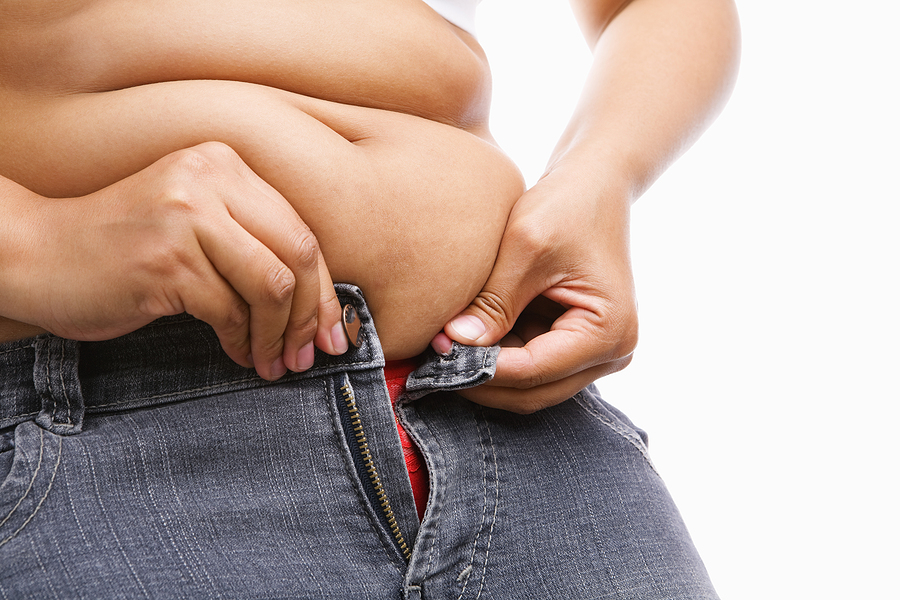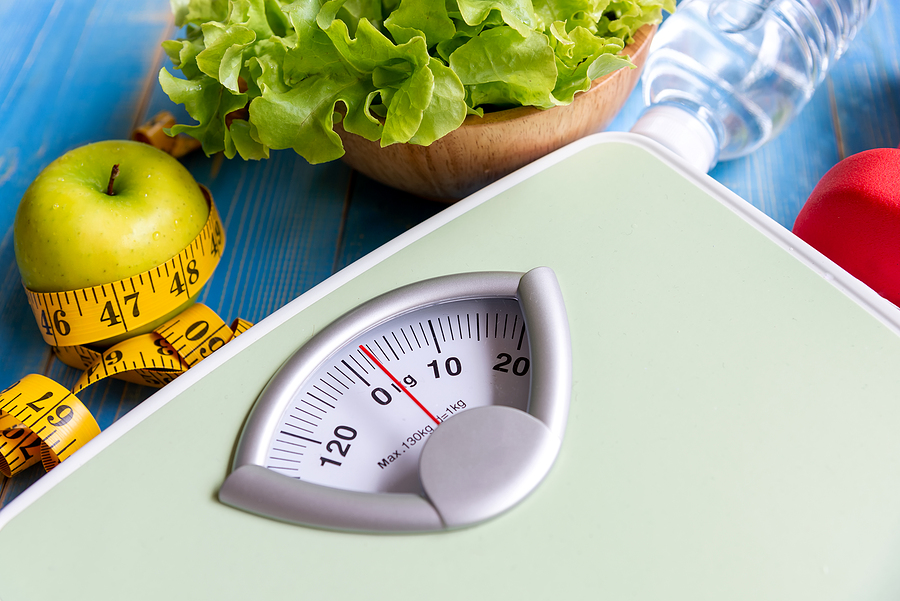Belly fat is the fat that builds up around your abdomen, usually below the belly button. It’s an area where it’s easy to see changes in weight and size, as it is not covered with muscle or bone.
“There are two types of belly fat: subcutaneous and visceral. Subcutaneous fat is the type you can pinch between your fingers, and visceral fat is underneath this layer of skin. They are stubborn and hard to get rid of, both are unhealthy when they are allowed to grow in excess, leading to a variety of serious health conditions, as Blanca Garcia, RDN said in an article on Health Canal.
Visceral fat is dangerous because it can release inflammatory markers into the bloodstream. Belly fat has been associated with a higher risk of heart disease, diabetes, dementia, and some cancers. However, it’s not clear whether belly fat is itself a problem or whether it merely correlates with other health issues. Researchers are trying to figure out the relationship between belly fat and various diseases.
How to Determine if Your Belly Size is the Norm or a Problem?
To determine if your belly size is a problem, you need to evaluate how much of it is due to your body type and how much is due to health factors that lead to other health problems. According to Healthline, the normal amount of fat in the human body is between 20 percent and 32 percent. If you’re concerned about your belly size, consider taking these tests below to determine if you should be concerned:
- The skin pinch test: grab an inch of skin right above your hip bones in both hands. If it doesn’t fold over easily, then you have excess fat.
- The BMI test: if your BMI is 30 or above, you have an unhealthy amount of fat.
- The waist-to-hip ratio test: divide your waist measurement by your hip measurement. This should be 0.9 or less; for women, this should be 0.8 or less. If the result is higher than this and you’re concerned about your belly size, then you should talk with your doctor about ways to reduce it safely.
What Contributes to Belly Fat?
Just about anything can contribute to belly fat. Some foods may make you gain more weight than others, but belly fat is a tough nut to crack even if you maintain a healthy diet and regular exercise.
There are three main categories of foods that are likely to cause you to gain belly fat: sugars/carbs/starches, alcohol, and unhealthy fats. Sugars and carbs turn into glucose in your bloodstream, which turns into belly fat when it isn’t burned off. Likewise, excessive consumption of alcohol can leave you dehydrated and with a lot of belly fat.
However, genetics and estrogen levels, poor diet, and lack of exercise contribute to high belly fat.
Unhealthy habits such as smoking and drinking too much alcohol can also increase your chances of getting belly fat.
The Process of Fat Burning
Fat Burning is just one of the ways our bodies stay healthy. Besides building new cells and making hormones, our body’s cells burn fat to get energy.
Fat has more energy than carbs or protein. That’s why we can store so much more of it than the other two nutrients.
Calories from food give our bodies the energy they need to do all these things. But if we eat more calories than our bodies need for these processes, that extra energy gets stored as fat around our organs and other parts of the body.
What Influences Fat Burning?
- Growth Hormone
There is a complex relationship between fat and growth hormone, but the basic gist is that if you have HGH, you’ll have less fat. That’s because GH increases your body’s ability to burn fat, which means your body will burn more stored fat for energy instead of utilizing new energy from food.
Belly fat has been linked to low GH levels and increased insulin resistance. The two are often considered mutually exclusive, but they are just part of the same problem: excess belly fat can lead to insulin resistance and low GH levels, as well as vice versa. You can consult us if you have any questions regarding HGH. Food and exercise are the most common ways of improving the declined hormone levels. Dive deeper to discover best exercises to boost hgh release in adults.
- Metabolism
If you have a fast metabolism, you’ll burn more than if you have a slow one. Some people are naturally blessed with a faster metabolism, but anyone can speed up their metabolic process using supplements like weight loss gummies and changing your diet.
- Genetics
We are born with genes that determine our height and other features. However, the same genes are also responsible for how efficiently we burn fat.
- Diet
You may be wondering how diet influences fat burning. The answer lies in metabolism. Diet influences metabolism because certain foods take longer for your body to digest than others. For example, protein takes longer for your body to digest than carbohydrates.

- Exercise
The best way to burn abdominal fat is through regular exercise. Exercise increases your metabolism and helps you sweat out toxins that can build up in your body over time. Just 15 minutes a day can benefit overall health and wellness.
Recommendations
There are specific changes you can make to your diet that may help reduce your belly fat:
- Skip the sugar.
Sugary foods have a lot of calories with no nutritional benefits. Instead of snacks like candy bars and soda, try eating things like hard-boiled eggs, nuts, and low-fat yogurt instead.
- Eat more protein and fiber.
High-Protein foods like lean meats enhance your HGH.
- Get plenty of sleep.
Enough sleep improves your metabolism, and you burn fat a lot faster.
- Limit alcohol consumption.
Alcohol has a lot of calories, and you can benefit from avoiding it.
Belly fat increases your risk of disease:
- Cardiovascular disease
- Insulin resistance and type 2 diabetes
- Colorectal cancer
- Sleep apnea
- Premature death from any cause
- High blood pressure
Conclusion
Belly fat is, without a doubt, extremely unhealthy. It builds up around your organs and can make it harder for your heart to pump blood through your body. However, it can just go away when you hit your healthy weight range.
Image Source: BigStockPhoto.com (Licensed)
Related Categories: Beauty, Health, Reviews








